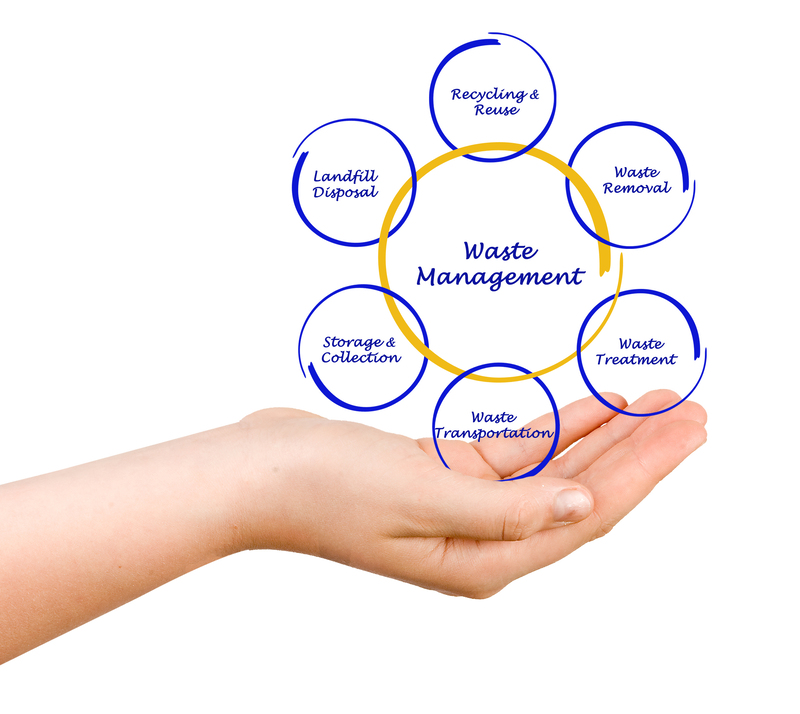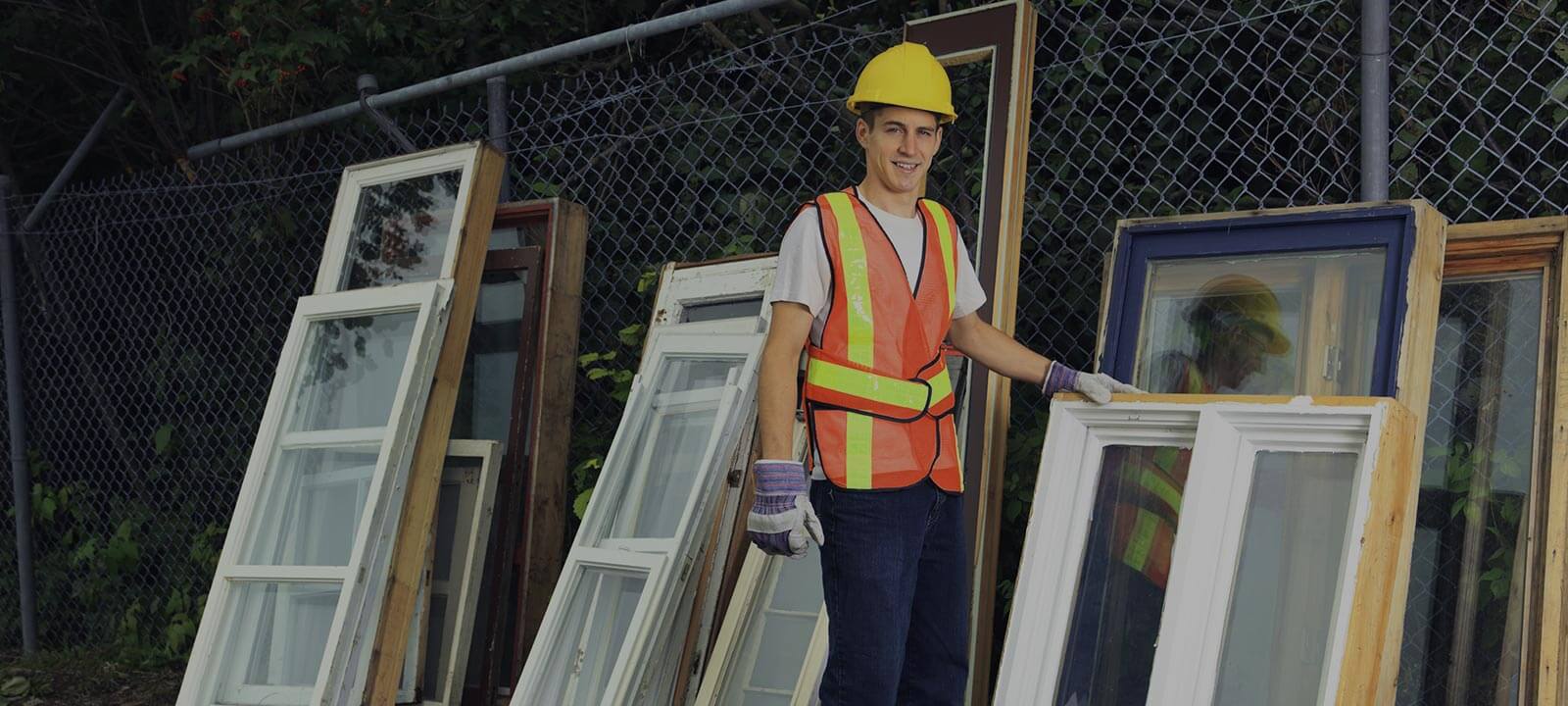Waste Composting Fundamentals
Posted on 22/11/2024
Composting is an eco-friendly process that transforms organic waste materials into valuable compost, which can be used to enrich soil and boost plant growth. Understanding the fundamentals of waste composting is essential for anyone interested in sustainability and waste reduction.
What is Composting?
Composting is the biological decomposition of organic matter under controlled aerobic (oxygen-rich) conditions. Microorganisms such as bacteria, fungi, and worms break down organic materials like food scraps, yard waste, and even certain types of paper, turning them into a nutrient-rich soil amendment known as compost.

Types of Composting Systems
Aerobic Composting
This type of composting requires the presence of oxygen. It is the most common and involves regular turning or aerating of the compost pile to ensure that microorganisms have sufficient air for decomposition. Aerobic composting typically produces little to no odor and breaks down materials quickly.
Anaerobic Composting
Anaerobic composting occurs in the absence of oxygen. This method is less common and involves sealing the composting materials in an airtight container. It usually takes longer and can produce foul odors due to the anaerobic bacteria involved in the process.
Vermicomposting
This specialized form of composting uses worms, primarily red wigglers, to break down organic material. Vermicomposting is suitable for small-scale composting and can be done indoors, making it perfect for urban environments or apartments.
Materials for Composting
Successful composting requires a balanced mix of 'greens' and 'browns':
Greens
Greens are nitrogen-rich materials and include:
- Fruit and vegetable scraps
- Coffee grounds and tea bags
- Grass clippings
- Manure from herbivorous animals
Browns
Browns are carbon-rich materials and include:
- Dry leaves and twigs
- Straw and hay
- Cardboard and paper (non-glossy)
- Wood chips
Steps to Composting
1. Choose a Location
Select a spot with good drainage and partial shade. Your compost bin or pile should be easily accessible but not too close to your living space to avoid potential smells.
2. Collect Materials
Gather a mix of greens and browns. For optimal decomposition, aim for a ratio of about 3 parts browns to 1 part greens.
3. Build the Pile
Layer your browns and greens, starting with a base layer of coarse materials like straw or twigs to promote air circulation. Alternate layers of greens and browns, adding water if the materials are dry.
4. Maintain the Pile
Turn or aerate your compost pile regularly to provide oxygen and accelerate decomposition. Monitor moisture levels, keeping the pile as damp as a wrung-out sponge.
5. Harvest the Compost
In a few months to a year, your compost should be ready. It will look dark and crumbly and have an earthy smell. Sift out any larger pieces that haven't decomposed and return them to the pile.
Pros and Cons of Composting
Pros
- Reduces landfill waste
- Produces nutrient-rich compost
- Improves soil structure and health
- Reduces the need for chemical fertilizers
Cons
- Requires time and effort
- Can produce odors if not properly maintained
- Needs space for a compost bin or pile
- Potential attraction of pests if not managed correctly
Tips for Successful Composting
- Shred or chop materials to speed up decomposition
- Avoid adding meat, dairy, and oily foods to prevent odors and pests
- Maintain the right balance of greens and browns
- Keep the pile moist but not wet
- Regularly turn the pile to introduce oxygen

Takeaways
- Composting is an effective way to reduce waste and improve soil health
- Choose the right composting system based on your space and needs
- Balance your compost pile with both greens and browns
- Monitor and maintain your compost pile for best results
Conclusion
Composting is a sustainable practice that yields numerous environmental benefits. By understanding the fundamentals and following proper composting techniques, you can turn your organic waste into a valuable resource. Whether you have a small backyard or live in an apartment, there are composting options available to suit your needs. Start composting today to contribute to a greener planet.
You need a compost bin or pile, a mix of greens (nitrogen-rich materials) and browns (carbon-rich materials), oxygen (by turning the pile), moisture, and patience to produce nutrient-rich compost.










